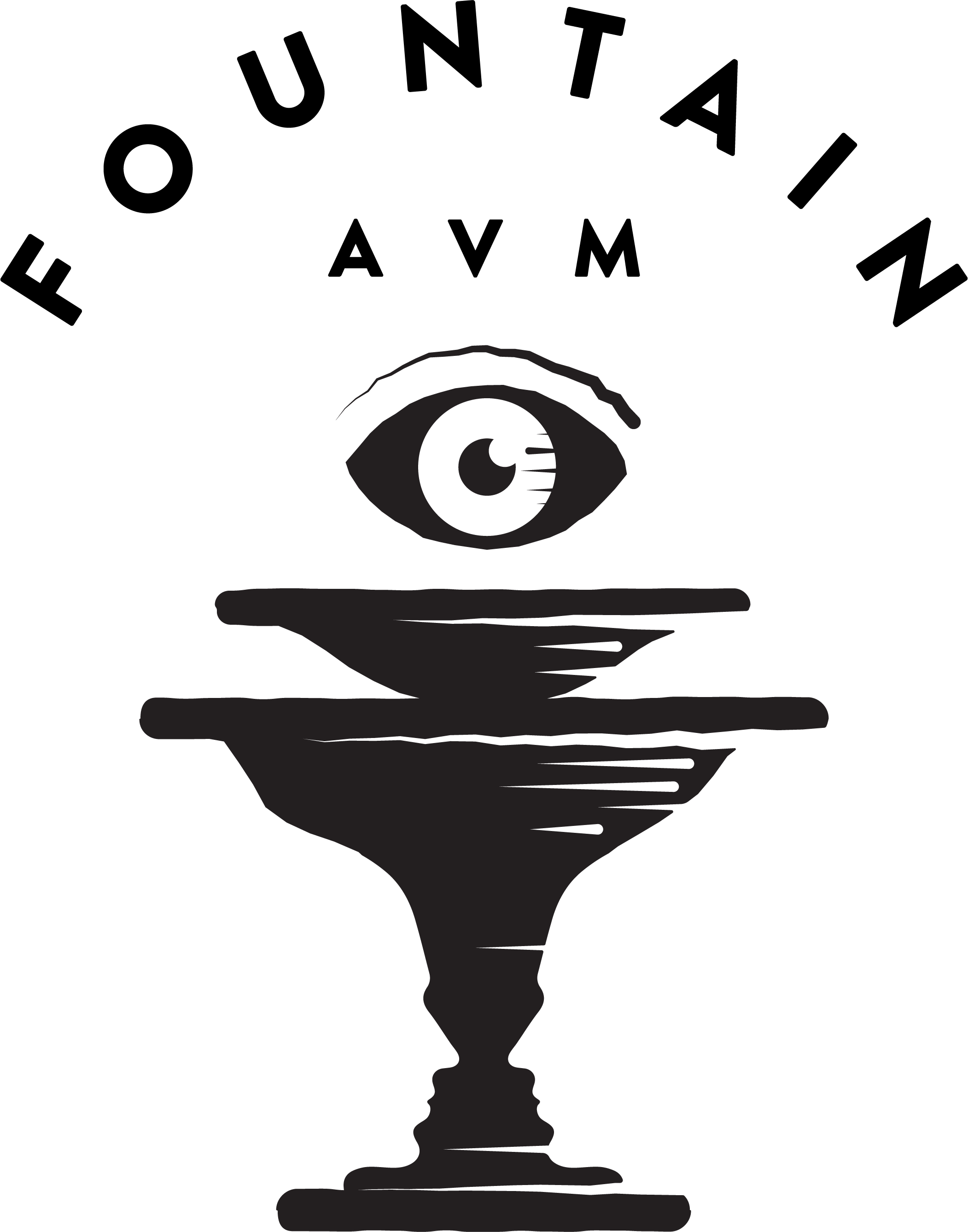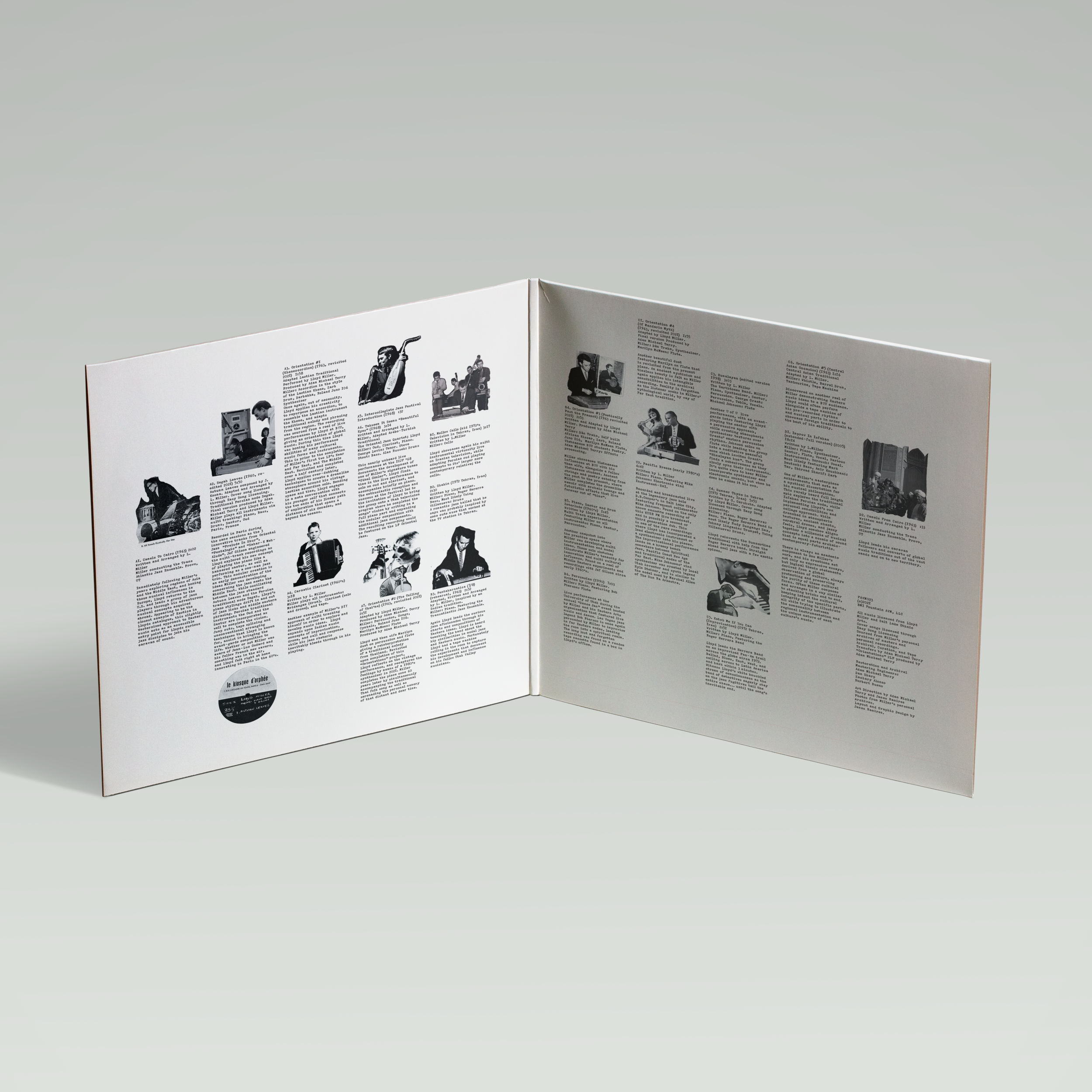Miller: Piano. Roger Hererra: Bass. The Roger Hererra Band is most likely Rudy Sucgang: Sax, Johnny Lingasin: Trumpet, Using Villanueva: Drums.
Lloyd reinvents the Summertime traditional with help from the Roger Hererra band. Straight ahead cool jazz with a few exotic spices.
C5. Ketch Me If You Can (Improvisation) (1972 Tehran, Iran) 2:51
Written by Lloyd Miller.
Miller: Piano, Featuring the Roger Herrera Band
Lloyd leads the Herrera Band on an improvised Pan-Am trail across the globe circa 1972. Ballad, Blues, East, West, and sailing across to Latin America and back within 3 minutes. Witness Lloyd’s white knuckled stream of consciousness as the band of detectives eagerly stay on the jazz fugitives tail the entire chase… until the song's inevitable end
C6. Orientation #5 (Central Asian Occasion) (1963) 1:16
Central Asian Traditional Adapted by L. Miller.
Miller: Whistle, Barrel Drum, Tambourine, Tape Machine
Discovered on another reel of Miller demonstrating Eastern music ideas to a BYU audience. Lloyd would often perform alongside a tape machine of his pre-recorded rhythms and musical parts in order to showcase foreign traditionals to the best of his ability.
D1. Improv In Isfahan (extended-full version) (2005) 18:14
Written by L.Miller
Miller: Piano, Synthesizer, Santur, Flute, Vocal, Various Instruments. Soroush: Vocal. Most likely featuring Mark Deutsch: Bass, Amir Koushkani: Tar, Shirzad Sharif: Zarb
One of Miller’s masterpiece creations that acts as a mystical dissertation for his musical philosophies. This rarely heard full length epic explores the traditional Isfahan Persian mode, while implementing Lloyd’s own personal sensibilities and collage approach. While drenched in atmospheric textures, ancient chants, cerebral drones, and jazzy feels, Lloyd somehow aligns together a millennia of musical concepts into a mosaic of sound that is equal parts archaic-contemporary-futuristic.
There is always an academic component to Doc Miller’s work, and his creations act not only as expressive essays, but logical thesis statements derived from a global observation of culture, always protecting and preserving the purity of these cultural forms. Often Miller composes and arranges in a way similar to stacking bricks end to end, keeping intact the cultural integrity of the specific parts, all while trying to illustrate the commonality between regional instrumentation and the unique nature of each culture’s music.

















